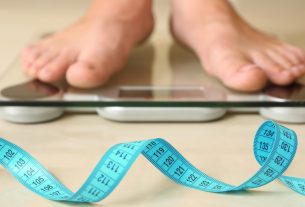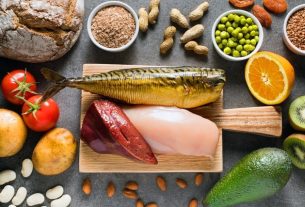The diet for interstitial cystitis, which is an inflammation of the bladder, should be rich in vegetables, fruits, whole grains, fish and lean meats.
Controlling weight, keeping it within the appropriate range for height, is also part of the treatment of interstitial cystitis. This attitude generally delays the onset of chronic diseases, such as interstitial cystitis, for example.
In the diet for interstitial cystitis, it is also important to drink between 8 and 10 glasses of water per day and give preference to fresh foods, rich in Vitamin C and organic, as they have fewer additives and preservatives.
Other foods can worsen cystitis symptoms and therefore should be avoided in diet for interstitial cystitis as:
- coffee and caffeinated drinks like black tea;
- chocolate;
- alcoholic beverages;
- carbonated drinks;
- acidic foods such as orange, lemon or pineapple;
- tomato products;
- artificial sweeteners.
There is always individual variability, so to know exactly which foods to eliminate from the diet for those with interstitial cystitis, you can keep a food diary, in which you record all the foods and drinks consumed and check the relationship with the worsening of the symptoms of the disease. cystitis. This food diary helps you identify safe foods and foods that worsen disease symptoms. The notes will be a useful tool for healthcare professionals such as nutritionists who monitor the patient.
Useful link:

Sign up for our newsletter and stay up to date with exclusive news
that can transform your routine!
Warning: Undefined array key "title" in /home/storelat/public_html/wp-content/plugins/link-whisper-premium/templates/frontend/related-posts.php on line 12
Warning: Undefined array key "title_tag" in /home/storelat/public_html/wp-content/plugins/link-whisper-premium/templates/frontend/related-posts.php on line 13





